Reducing waste and building circular economy
Bringing benefits to our business and to the environment
We take our environmental impact seriously and we are always looking for ways to be more efficient, manage our costs and create a more resilient value chain. Developing solutions that eliminate waste enables us to reduce the effort and cost involved in handling waste, bringing benefits to our business and to the environment.
Our ambitions
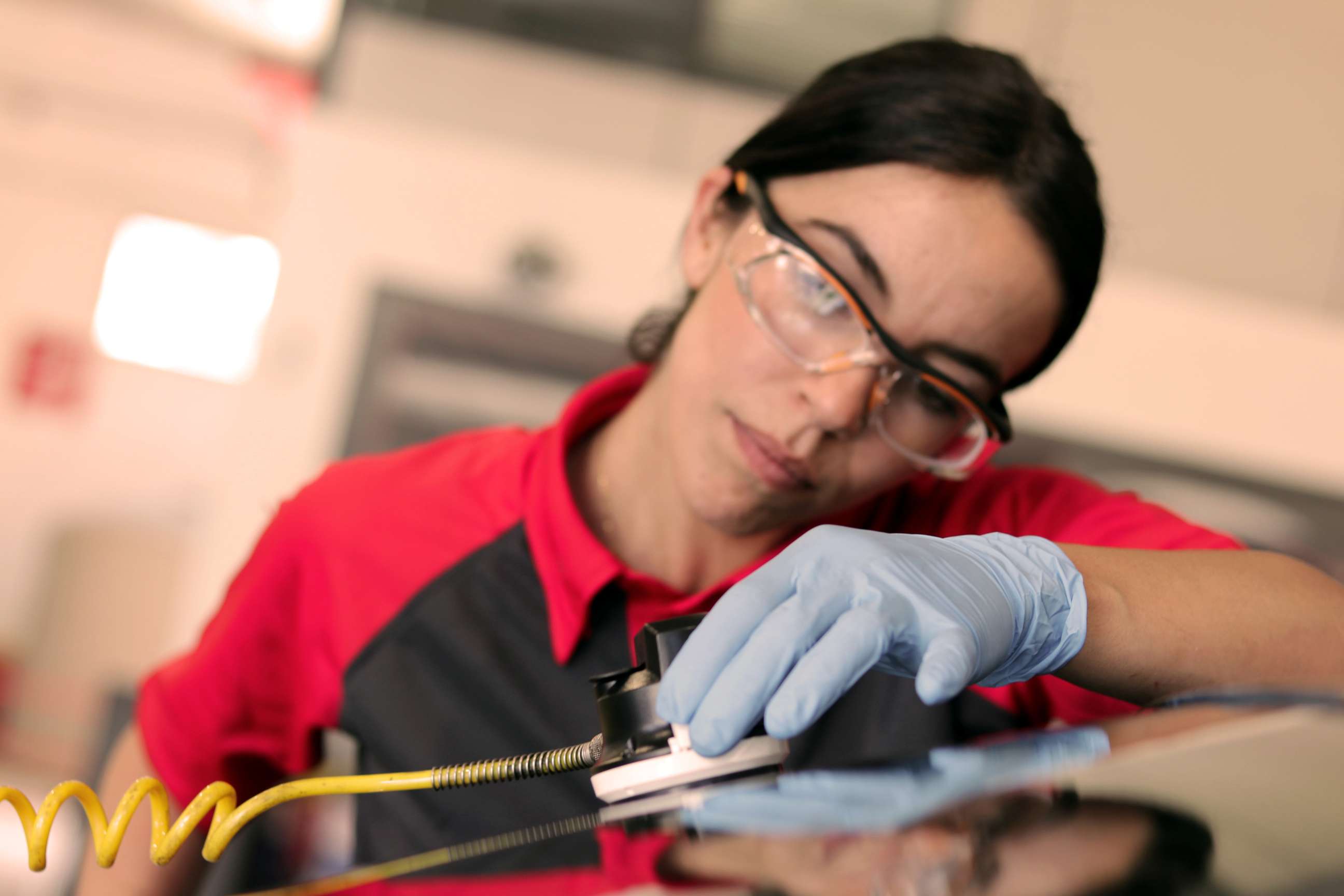
We have a simple, yet ambitious goal: to eliminate waste from our operations where we can and recycle or reuse all our waste to make new products wherever possible. Building on the success of our recycling and ‘repair first’ strategies, we also aim to- close the loop on glass waste and associated products, creating a more sustainable, resilient value chain.
Reducing waste and working towards creating a circular economy helps us become more efficient and reduces our costs. We do this by driving down the amount of resources we purchase and consume, and by reducing the amount of waste we handle. We are also in the early, developmental stages of working to keep vehicle glass in our supply chain by reusing glass waste in windscreen manufacture.
Summary of progress
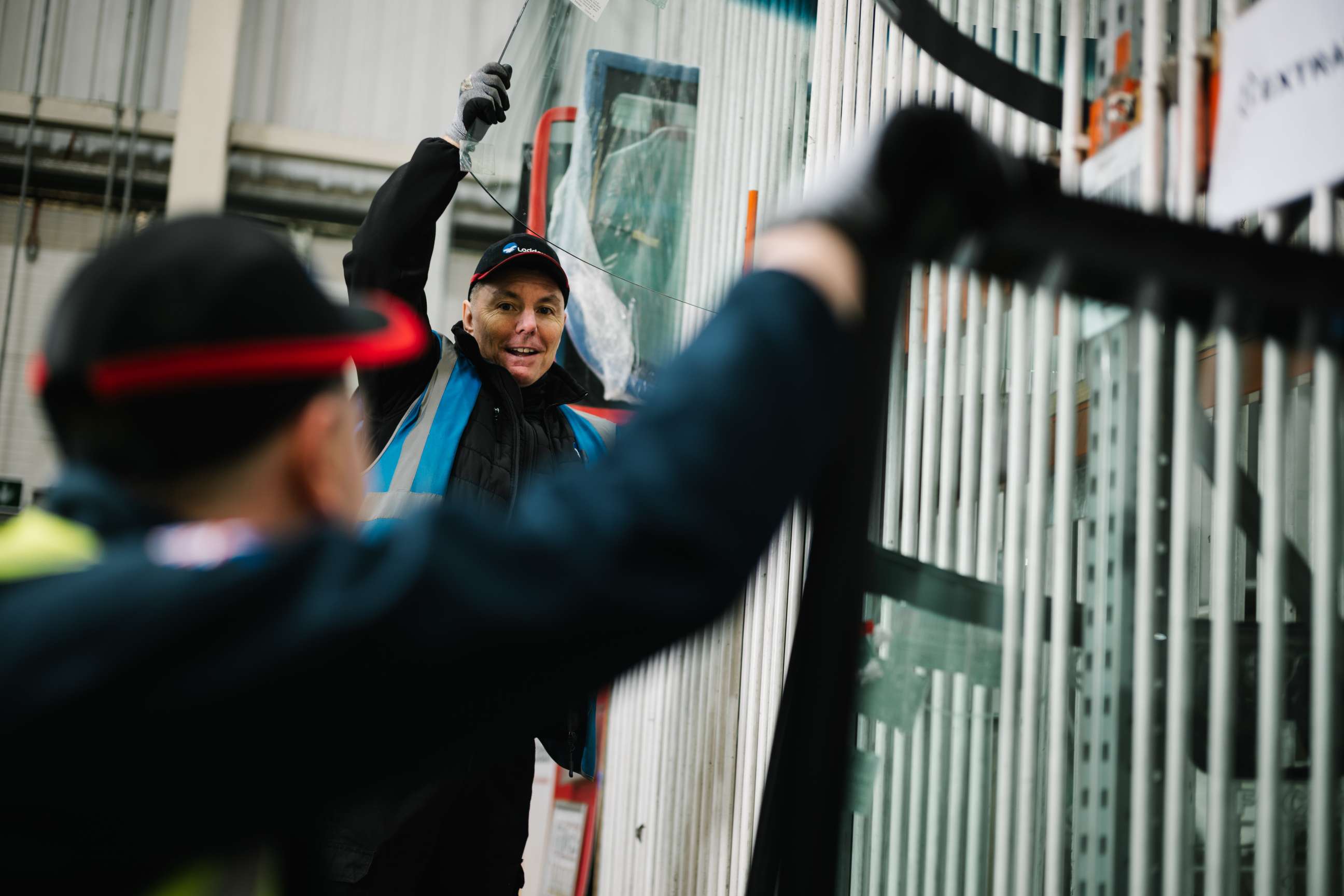
Glass recycling
Our global operations produce just over 159,000 tonnes of waste every year, of which around 108,000 tonnes is vehicle glass waste and the remainder is general waste.
In 2024, we recycled 97% of the vehicle glass we handled. Most of the glass waste is recycled into essential materials such as building insulation and road aggregates. Building insulation has a 40+ year life and saves energy for its end user. Other waste from our recycled windscreens, such as the laminate film PVB, is used to make carpet backing, paint and waterproof coatings.
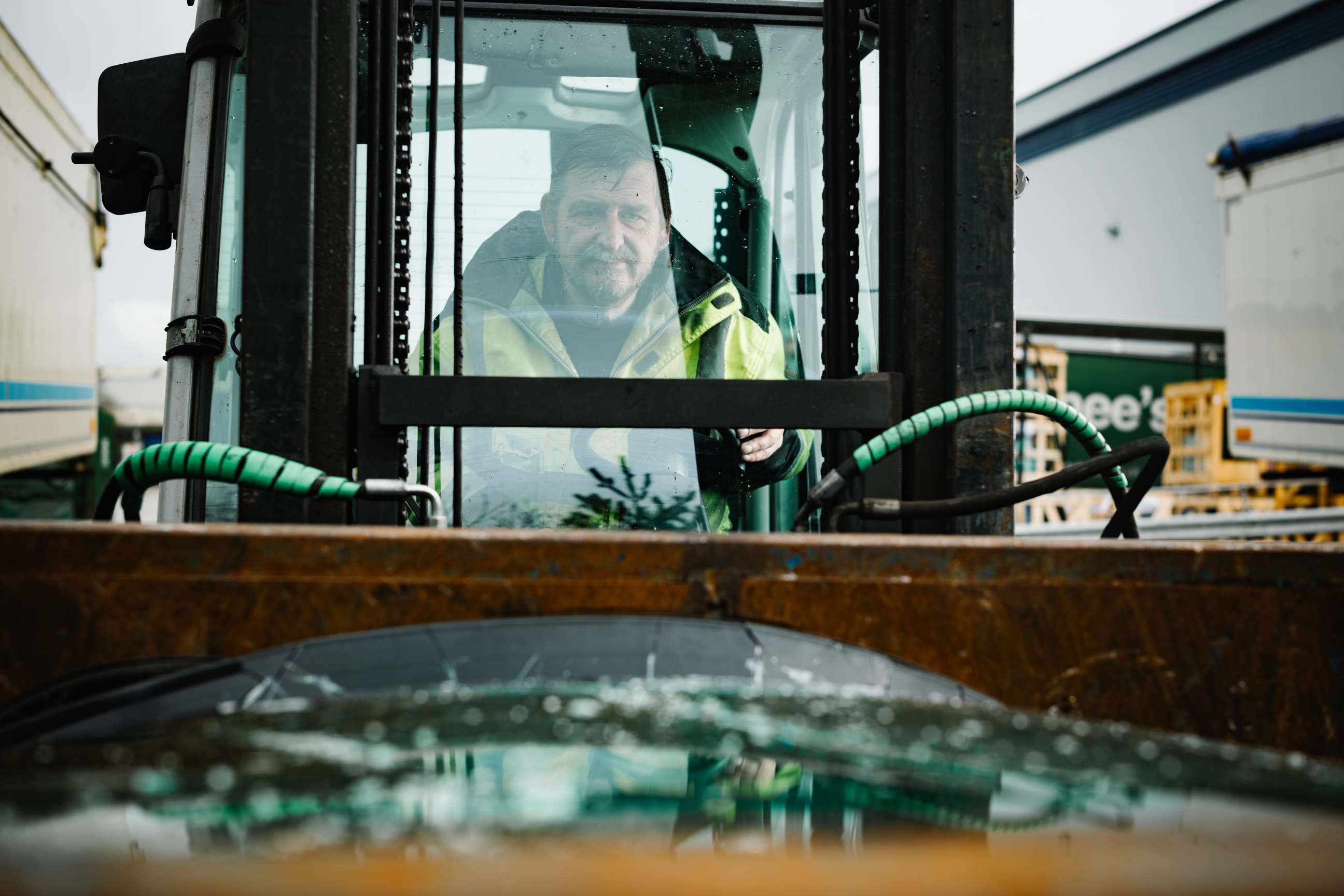
Reducing general waste
In 2024, 83% of our total waste was recycled or put to good use through other waste recovery activities. We met our internal target of sending 45% of general waste to landfill, representing an improvement on 49% in 2023.
Our general waste is largely made up of the materials we use to transport and package the goods we purchase, alongside waste products generated during the replacement or repair of windscreens. We continue to work with our suppliers to review the type and volume of materials used in the packaging of the products we buy and make changes within our operations. We also trialled new ways to reduce or eliminate waste in windscreen packaging.
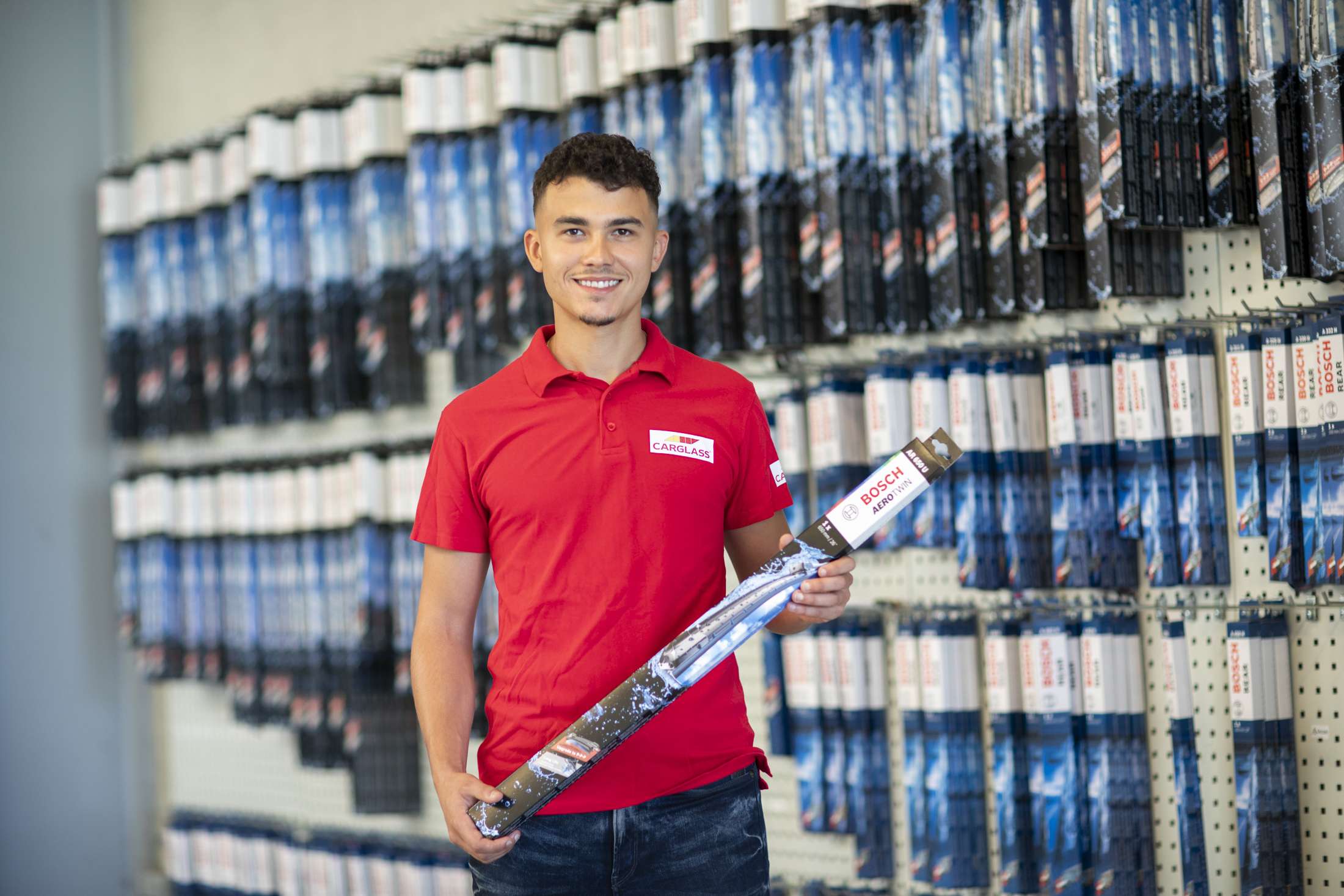
Smarter wiper packaging.
Every year, in Europe, sales of Bosch Aerotwin wipers generates 35 tonnes of plastic waste from unused adapters or connectors and over 100 tonnes of cardboard packaging waste. We worked with Bosch to develop a solution to address this. The new packaging solution separates the adapters from the wipers, so they are now only used on an as-needs basis. In addition, the Bosch packaging has been redesigned using minimal materials. This improvement will reduce our plastic waste by an estimated 35 tonnes per year and cardboard packaging waste by 49 tonnes per year.
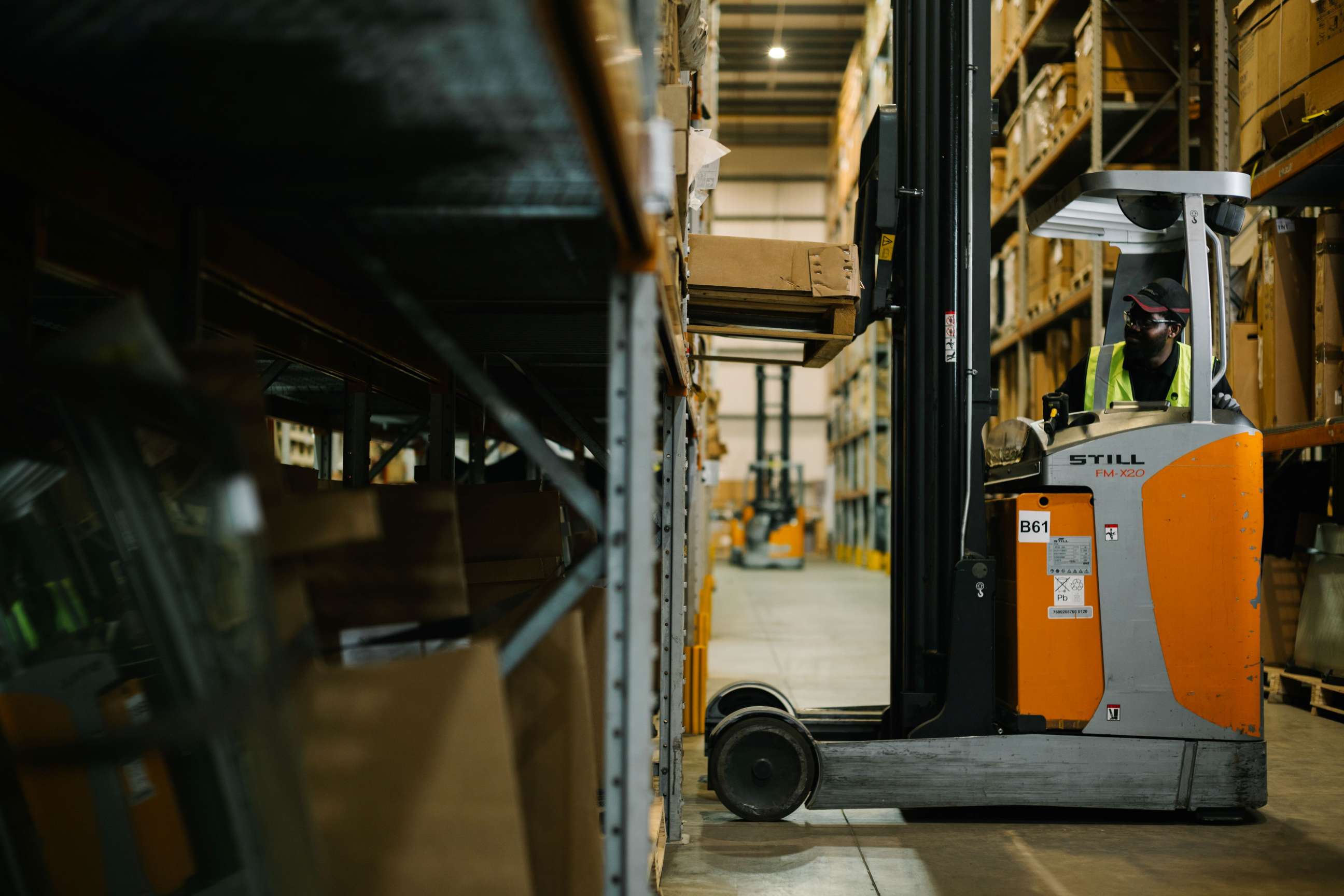
Replacing wood
Our glass is delivered from our primary manufacturer suppliers in wooden crates which form a significant part of our general waste. We have been working with our glass suppliers to find alternatives. In the US, with our suppliers, we have invested in returnable steel crates that have completely replaced wood. In Europe, with two of our suppliers, we have swapped wooden crates for cardboard which is lighter, reducing waste and transport emissions, and gives us more recycling options after use.
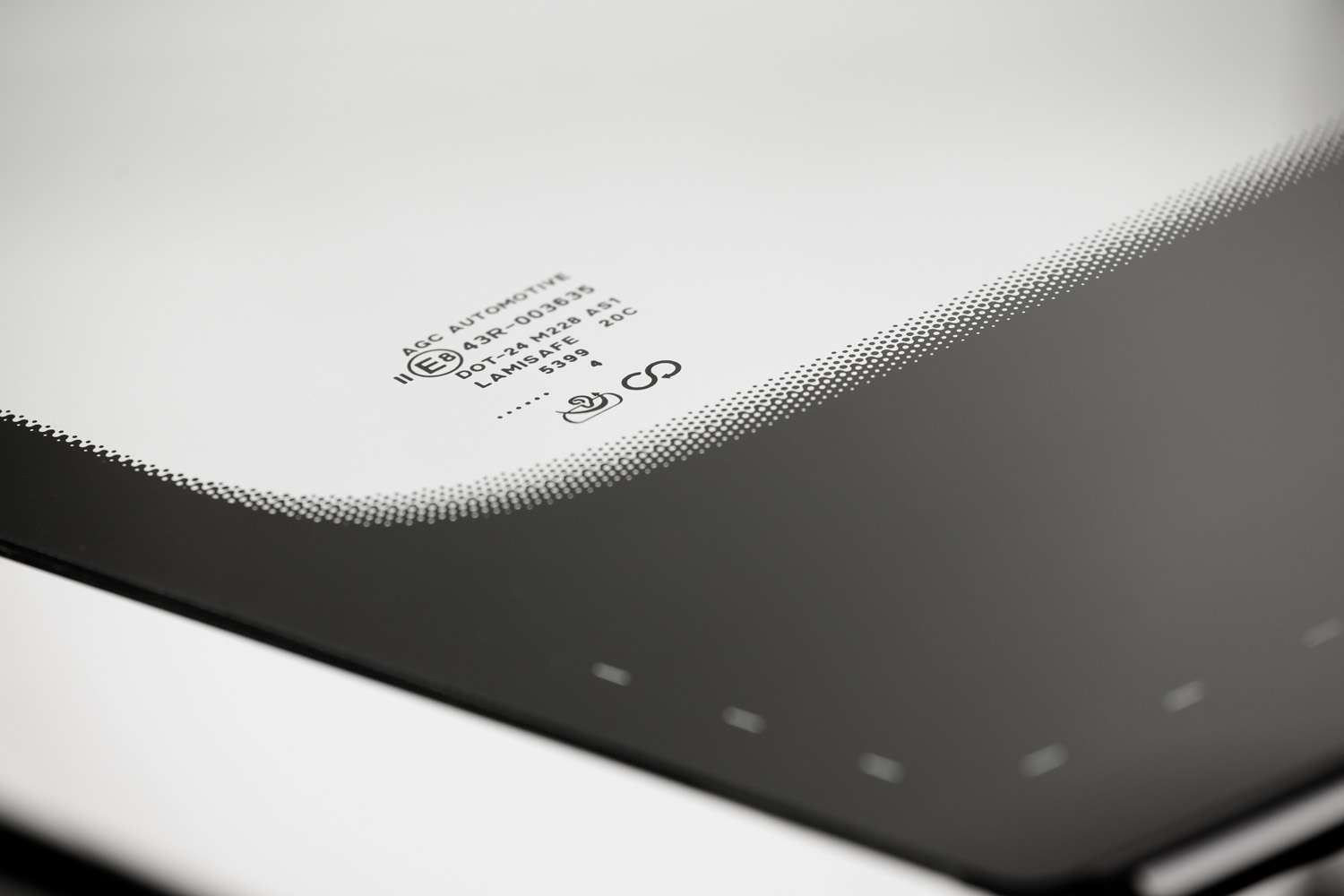
Working towards a circular economy
Our glass waste is created when a customer’s windscreen cannot be repaired and must be replaced. Our ultimate aim is that this vehicle glass waste is recycled and used in the production of new vehicle glass. In 2023, we began a pilot with our partner AGC Automotive Europe to develop our first windscreen which includes glass waste. AGC mixed our side glass waste glass with other raw materials to make float glass and produced 250 new windscreens for the Mercedes A Class car. In 2024, we started fitting these new windscreens into customers’ cars in Belgium. Although it is still at a very early, experimental stage, we are aiming to increase the amount of waste windscreens we send to AGC, to increase the range of recycled windscreens made.
To learn more about this and many other topics please read our 2024 Responsilble Business Report.
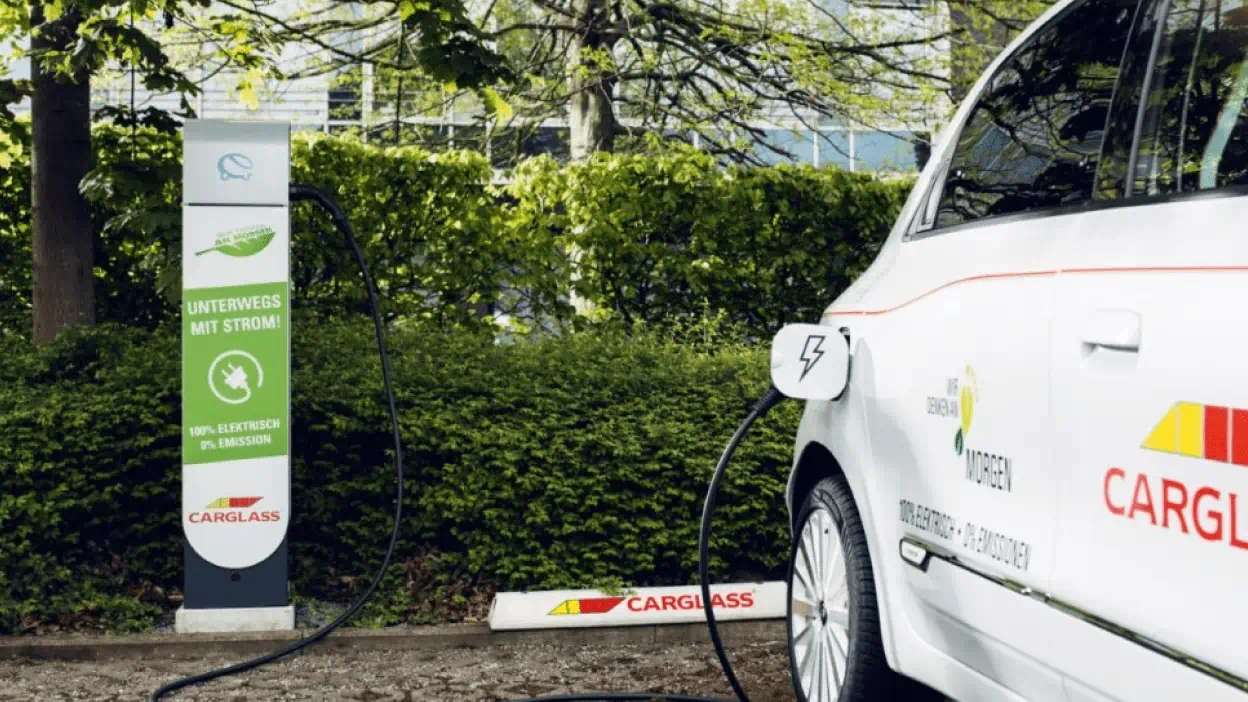
Our Responsible Business Framework summarises our ambitions for doing the right thing
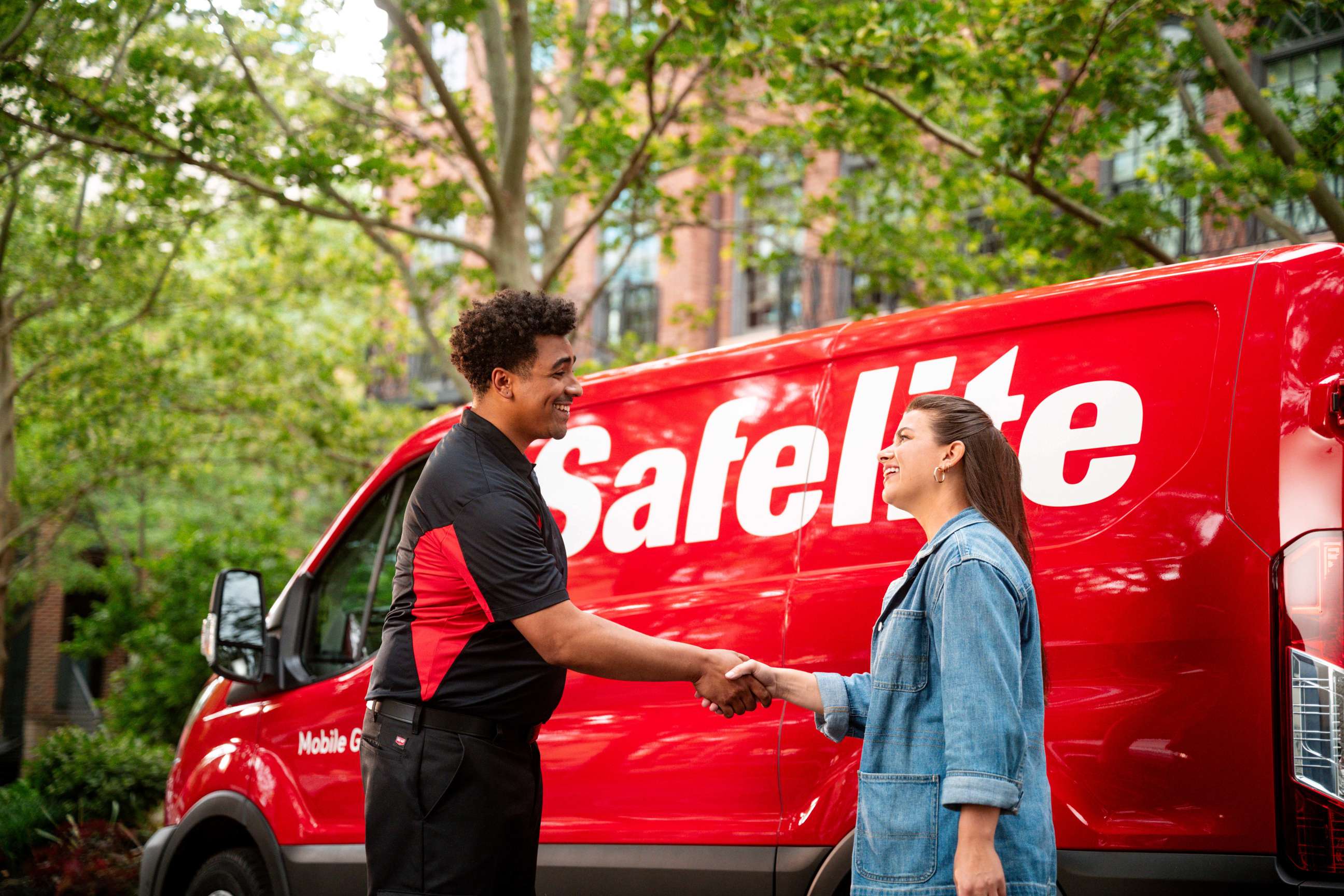
Climate change is a global emergency and we’re taking action to drive down our emissions.